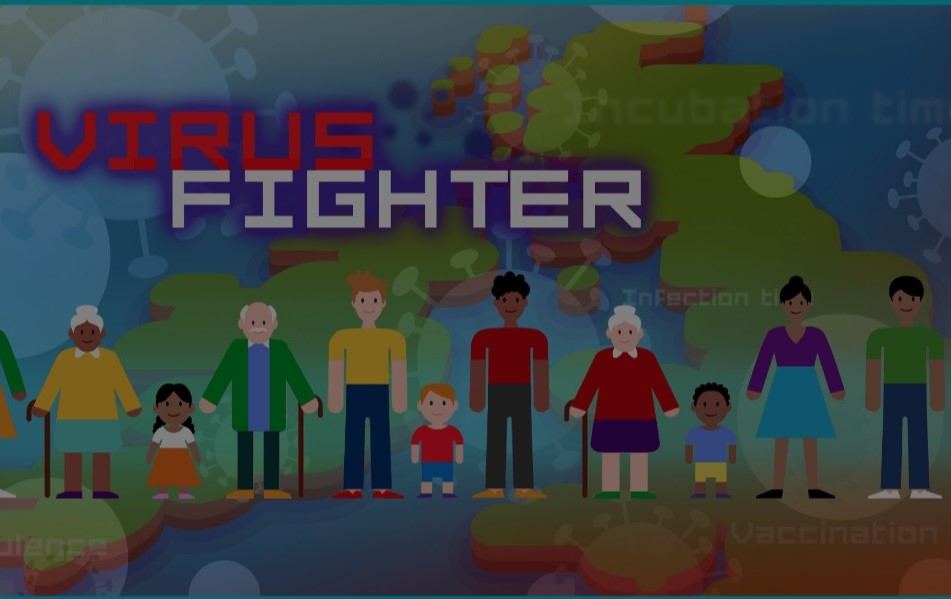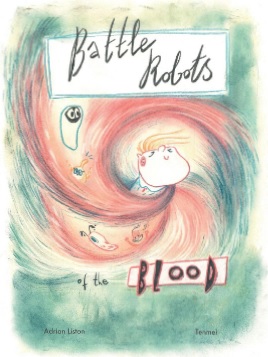The perils of food science
 Monday, February 27, 2017 at 8:42AM
Monday, February 27, 2017 at 8:42AM The intersection of science and the public is always a delicate balance. Medicial research is explicitly performed for the public benefit, and good communication of the results to the public aids in further investment. Difficulties arise due to the discrepancy between scientific publication (with all the caveats, nuance and steady progress) and a brand of journalism that tends to be excessively focused on sensationalism.
One of the areas where this balance is most difficult to achieve is in any medical research related to food. People are interested in food, and a story that one of our favourite foods is either going to kill us or save us always makes headlines. The area abounds with popular myths that go so far beyond the supported science that they have lost all connection with reality.
Take the issue of artifical sweetners and pancreatic cancer. Aspartame is often the boogeyman of the artifical sweetner world. Aspartame is one of the most studied food additives and to date there is no robust link to cancer, and yet aspartame is oft campaigned against in the public sphere. Indeed, the public pressure against aspartame is such that major food companies have started to phase it out, replacing it with much less studied compounds, such as stevia. By contrast, stevia is the darling child of food advocates in the public sphere. It is touted for a myriad of benefits, including as a potential inhibitor of pancreatic cancer. So what is this based on? Next to nothing, actually. There are a handful of studies using pancreatic cancer cell lines, and adding stevia to them while they grow in a dish inhibits them a bit. As for data on stevia being anti-cancer in an actual organism, the only experiment is one where stevia paste was applied to the skin, which was then treated with a carcinogen. The mice were protected from developing skin cancer, but that is likely because the stevia paste acts as a barrier, like sunscreen. In other words, there is zero evidence that stevia in the diet is actually anti-cancer in function.
In a recent study we directly tested whether aspartame or stevia had any influence, either positive or negative, over pancreatic cancer development, growth or lethality. We used mice, rather than just cells grown in a dish, and we gave the artificial sweetners in the drinking water in doses that are similar to popular beverages. We found.... nothing. No effect, either positive or negative. Aspartame won't kill you, stevia won't protect you. Sorry Daily Mail.
Read more: Dooley, Lagou, Dresselaers, van Dongen, Himmelreich and Liston. "No effect of dietary aspartame or stevia on pancreatic acinar carcinoma development, growth or induced mortality in a murine model". 2017, Frontiers in Oncology.
 cancer,
cancer,  scientific method
scientific method 




Reader Comments